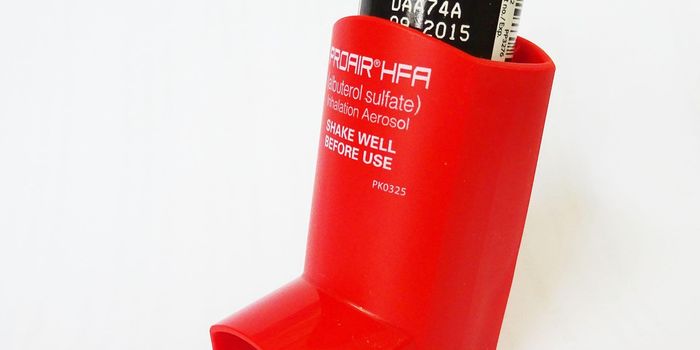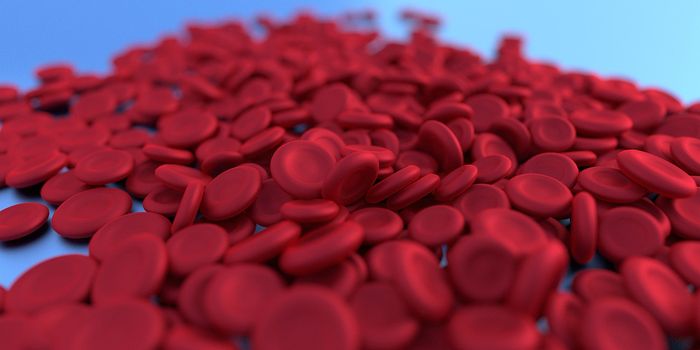Shared Bacteria After Birth
When babies are born, they still have a lot more development to undergo. In one fashion, it has been determined that babies who receive nutrition via breast milk are being exposed to many health benefits. A new study recently published in Nature Communications describes that the mothers gut microbiome may also be providing added health benefits to neonates born by way of natural vaginal birth rather than cesarean section.
Scientists at the Luxembourg Centre for Systems Biomedicine (LCSB) along with other researchers at in Sweden have performed a study highlighting the how a mother’s gut microbiome is passed to her baby during vaginal birth that aids in the stimulation of the infant’s immune development.
Rates of cesarean section deliveries are on the rise globally, and it, therefore, is becoming increasingly important to observe any negatives associated with the method of birth. Due to the lack of clarity whether disruption of mother-to-child transmission of microbiota through cesarean section delivery occurs and whether it affects human physiology, the scientists set out to deliver an answer.
"We find specific bacterial substances that stimulate the immune system in vaginally born babies. In contrast, the immune stimulation in cesarean children is much lower either because the bacterial triggers are present at much lower levels or other bacterial substances hamper these initial immune reactions to happen”, shares Paul Wilmes, head of the Eco-Systems Biology research group at LCSB.
The team can identify variances in the gut bacteria of the two cohorts of babies – caesarian and natural vaginal delivery. The scientists report immune pathways stimulated as a result of lipopolysaccharide, a common bacterial component that the immune cells can recognize. The team shares “We identify differences in encoded functions between microbiomes of vaginally delivered (VD) and CSD neonates. Several functional pathways are over-represented in VD neonates, including lipopolysaccharide (LPS) biosynthesis.”
The gut microbiome colonization and its link to the immune system -- together with other factors -- could explain why cesarean section babies are statistically more prone to develop allergies, chronic inflammatory diseases, and metabolic diseases.
By way of stool samples, the team reveals increased levels of tumor necrosis factor alpha and interleukin 18 – common immune cytokine molecules involved in inflammation – in the naturally delivered babies. TNF-alpha is a cytokine involved in inflammatory responses. It may surprise you to learn that inflammation can be a good thing. It happens when your immune system -- your body's natural defense force -- is fighting a possible threat. For example, when you have a cold, your sinuses swell. When you get a cut, your finger turns warm and red. These things don't feel good, but they show your immune system is doing its job.
The results of the experiment support that, “caesarian section delivery disrupts the mother-to-neonate transmission of specific microbial strains, linked functional repertoires and immune-stimulatory potential during a critical window for neonatal immune system priming.”
The team hopes their work will shed light on the adverse effects of utilizing caesarian delivery methods when they are not required so that babies will begin life with the microbiomes their mothers pass to them thereby allowing their immune systems to develop more fully and hopefully avoid immune complications in the future.
Sources: Nature Communications, Science Daily, WebMD, YouTube









